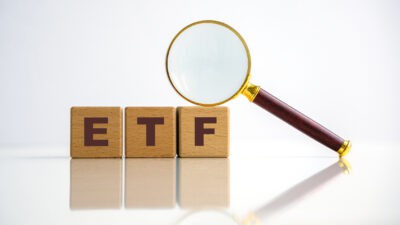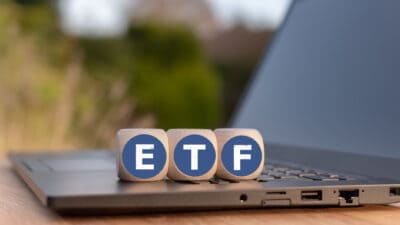In January 2003, the ASX All Ordinaries Price Index was at 2935 with a total domestic equities market capitalisation of $664 billion. The S&P/ASX 200 Price Index was at 2957.
At the end of October 2018, the ASX All Ords was at 5913, with a total market cap of $1.89 trillion. The S&P/ASX 200 was at 5830.
That represents a total return in the proximity of 100% – a doubling of your money over that time. Investors could access those returns through electronic traded funds that match the various ASX indexes. For example, the ASX200 is matched by the iShares S&P/ASX 200 ETF (ISHAUS200/ETF (ASX: IOZ)) and the ASX300 is matched by the Vanguard Australian Shares Index (V300AEQ/ETF (ASX: VAS)).
One of the major benefits of an ETF that match various indexes includes easy diversification, very low fees, and average returns with little effort required. However, there remains a large behavioural component in accessing market returns, even when buying ETFs that match the market index. Accessing market returns, for example, requires one to buy the index and hold it. Sometimes, this is easier said than done.
The Behaviour Gap
Fascinating research conducted by famed value investor Joel Greenblatt shows that the average investor can dramatically underperform the fund or index in which they are invested. In his book "The Big Secret for the Small Investor", Greenblatt reports that the best performing hedge fund for the ten years from 2000 to 2010 returned an annualised 18% per year over that time. Over that time the market was relatively flat. However, the average dollar-weighted return for investors in that fund was -11%. That is, investors on average underperformed the fund in which they were invested by 29% per year.
This phenomenon is known as the behaviour gap. The reason for the behaviour gap is simple. When the fund or an index does well, investors put money in. When the fund or index does poorly, investors take their money out. It's the old 'buy high, sell low' mistake.
Foolish Takeaway
The solution is, of course, to buy and hold through the variability of performance that is inevitable. Although, this can be difficult. Even some of the ASX's best companies have suffered major downturns. Cochlear Limited (ASX: COH) has recently been down over 25%, as has Corporate Travel Management Ltd (ASX: CTD) and Afterpay Touch Group Ltd (ASX: APT), while CSL Limited (ASX: CSL) is down over 20%.







